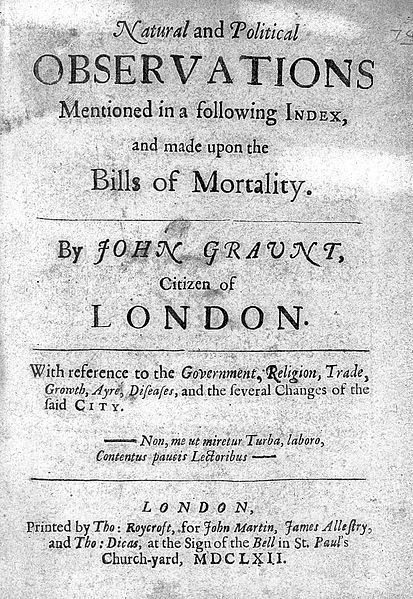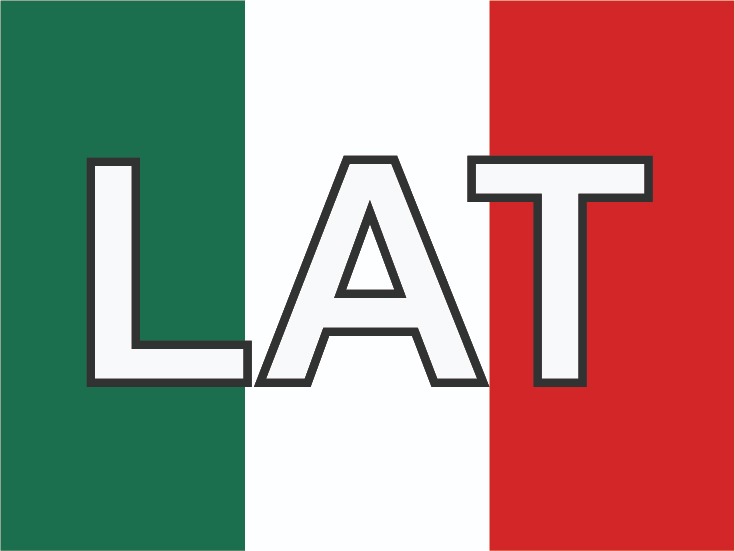Pandemics and the development of scientific methods in the history of epidemiology
Abstract
The Covid-19 pandemic has made me see the history of epidemiology differently. Pandemics are such impressive events that they can exert urgent pressure to identify new modes of research and new methodologies to replace methods that have failed in the past. Some examples seem to corroborate this idea.
The plague
There is no doubt that one of the most important events in the history of science occurred in the 17th century when population thinking was discovered. All human and social sciences such as sociology, demography, Darwinian biology, political economy, statistics and epidemiology, have their origin in the discovery that dictates that events in populations can be predictable and have a probability of occurrence. Then the occurrence of events in populations can be quantified, can be compared between populations and can be the source of scientific knowledge. This true revolution in scientific thought is a consequence of changes in society that occurred due to plague pandemics.
Since the great pandemic of the 14th century, outbreaks of plague in Europe caused great confusion in cities and increasingly threatened existing powers. It was the case of the monarchical society of England. In the event of an outbreak of plague in London, the nobles, the wealthy, and the army left the city, where only the poor remained. The situation became chaotic in London. It was quickly clear that there was a certain chronological regularity in the outbreaks. They started with a small but growing number of deaths in some parishes before spreading throughout the city. In the 16th century the city of London began to collect data on the number and location of pest deaths. The system was improved in the 17th century and extended to all causes of death, making it possible -by the end of the century- to organize orderly outings from London in the event of an outbreak of plague, preventing chaos. These data were printed and placed on the walls of the city. They were called the “Bills of mortality”, death posters. In this process, a temporal series of mortality
data was established in London over decades.
Authors
Downloads
Keywords
- Disease Outbreaks
- Cholera
- Plague
- COVID-19
- Pandemics
- Endemic Diseases
- Cause of Death
References
Morabia A. Enigmas of health and disease: how epidemiology helps unravel scientific mysteries. New York, NY: Columbia University Press; 2014. https://doi.org/10.7312/mora16884
Heitman K. Authority, autonomy and the first London bills of Mortality. Centaurus. 2020;62(2):275-284. https://doi.org/10.1111/1600-0498.12305
Graunt J. Natural and political observations made upon the bills of mortality. Johns Hopkins University Press; 1662.
Morabia A. Has epidemiology become infatuated with methods a historical perspective on the place of methods during the classical (1945-1965) phase of epidemiology. Annu Rev Public Health. 2015;36:69-88. https://doi.org/10.1146/annurev-publhealth-031914-122403
Morabia A. Pandemics and methodological developments in epidemiology history. J Clin Epidemiol. 2020;125:164-169. https://doi.org/10.1016/j.jclinepi.2020.06.008

Copyright (c) 2020 Universidad del Valle

This work is licensed under a Creative Commons Attribution-NonCommercial 4.0 International License.
The copy rights of the articles published in Colombia Médica belong to the Universidad del Valle. The contents of the articles that appear in the Journal are exclusively the responsibility of the authors and do not necessarily reflect the opinions of the Editorial Committee of the Journal. It is allowed to reproduce the material published in Colombia Médica without prior authorization for non-commercial use





















